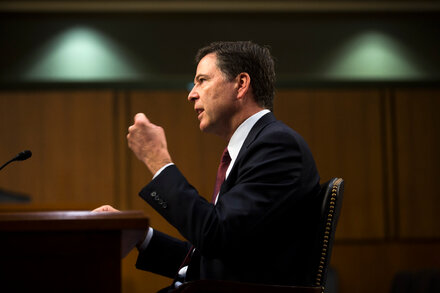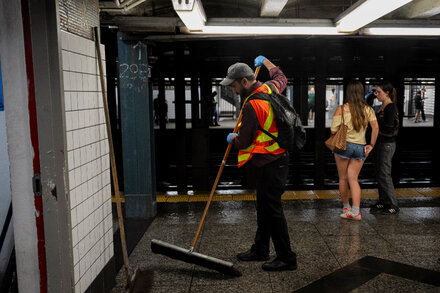As the potential for a government shutdown looms, many Americans question which vital federal benefits and services would continue uninterrupted. Historically, while a shutdown can halt many government operations, crucial programs funded by mandatory spending or deemed essential for public safety and national security typically persist, albeit sometimes with reduced staffing or delays in non-critical functions.
Essential Services and Mandatory Spending Programs Remain
The distinction between “mandatory” and “discretionary” spending is key to understanding what continues during a shutdown. Mandatory spending, which funds programs like Social Security, Medicare, and Medicaid, is authorized by permanent law and not subject to annual appropriations. Consequently, payments for these programs generally proceed as scheduled.
“Our commitment to the most vulnerable citizens and our national security remains unwavering, even in times of fiscal disagreement,” an unnamed senior administration official stated during a previous shutdown, emphasizing the continuity of core functions. “Payments for Social Security, Medicare, and veterans’ benefits are not dependent on annual appropriations bills and are designed to continue.”
This means millions of retirees, individuals with disabilities, and healthcare beneficiaries can typically expect their checks and services to continue. Similarly, veterans’ disability compensation, pension, and education benefits are generally uninterrupted, and VA medical facilities usually remain open, though some administrative services might face slowdowns.
Key Benefits That Typically Continue
- Social Security Payments: Monthly checks continue to be disbursed.
- Medicare and Medicaid: Healthcare services and payments to providers largely continue.
- Veterans’ Benefits: Disability, pension, education, and many healthcare services continue.
- Food Stamps (SNAP): Benefits are typically funded for a short period (e.g., up to one month) even during a shutdown, though new applications and processing may be delayed.
- Unemployment Benefits: These are primarily administered by state governments and are generally not directly affected by a federal shutdown.
- Mail Delivery (USPS): The U.S. Postal Service operates largely as a self-funded entity and is generally unaffected.
Critical Federal Operations Continue
Services deemed essential for public safety and national security also continue. This includes military personnel (who may work without pay until the shutdown ends and back pay is authorized), federal law enforcement (such as the FBI, DEA, and Border Patrol), air traffic control, and emergency services. Hospitals, clinics, and research facilities operated by the Department of Health and Human Services that provide direct patient care usually remain open and operational.
Services and Benefits That May Be Affected
While core services often continue, a shutdown can significantly impact other areas:
- Federal Employee Pay: Hundreds of thousands of federal employees deemed “non-essential” are furloughed without pay, and even “essential” employees may work without pay until appropriations are passed. Historically, Congress has often approved retroactive pay for furloughed workers once a shutdown ends.
- New Benefit Applications: Processing of new applications for federal loans (e.g., FHA, VA, USDA), passports, visas, and some permits can be delayed or halted.
- National Parks and Museums: Many national parks, monuments, and federal museums typically close or operate with limited services.
- Scientific Research and Data Collection: Many federal research initiatives and data collection efforts, crucial for various sectors, can be paused.
- Loan Approvals: While existing loan payments continue, the processing of new federal loans or guarantees, such as those for small businesses or housing, can be severely delayed.
The precise impact of a government shutdown can vary depending on its duration and the specific contingency plans developed by each agency. However, the general principle remains that mandatory spending and essential public safety functions are prioritized, while many other government activities face suspension.
Source: Read the original article here.





